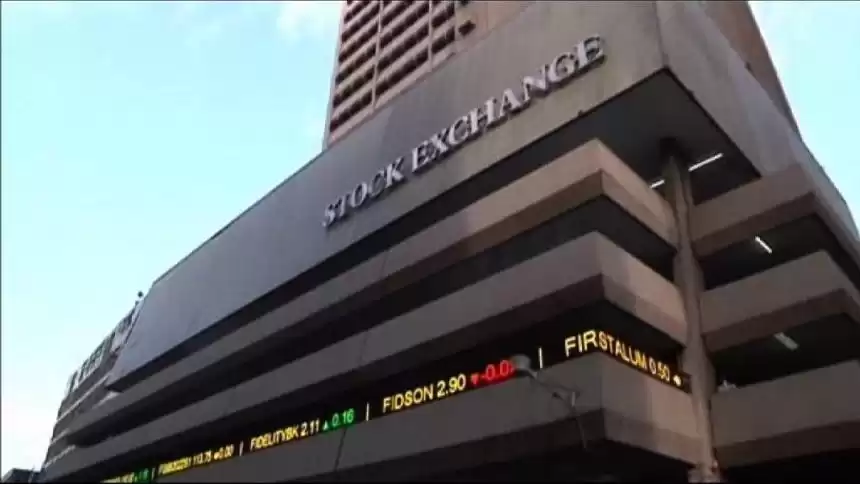Stock market defies political uncertainty, inflation
Nigerian Exchange Limited (NGX) closed July 2023 with a 5.5% growth, the best return since 2017, outperforming other African exchanges.
In July 2023, despite political uncertainties, inflation, and foreign exchange pressures, the Nigerian Exchange Limited (NGX) experienced a positive month, with its All Share Index (ASI) growing by 5.5%. This marked the best return for the market since 2017.
Interestingly, the NGX outperformed other African exchanges such as Kenya, Mauritius, Tanzania, and Uganda, whose indices fell by -17.24%, -0.84%, -5.30%, and -16.82% respectively. This positive performance was supported by insider dealings among companies, as directors and related parties consolidated their positions. This demonstrated their belief in the inherent values of these companies, as well as their positive response to the ongoing reforms by President Bola Tinubu.
Despite profit taking, selloffs, and foreign exchange pressures, the benchmark NGX All-Share index closed the month at 64,337.52 points, representing a 5.53% growth from its opening value of 60,968.27 points. The market capitalization, which is the listed value of equities, also rose by N1.814 trillion from N33.197 trillion to N35.011 trillion.
Although there was a decline on the last trading day of the month, the overall market trend remained bullish. The year-to-date (YTD) performance of the stock market gained 25.5% at the end of the month under review.
Furthermore, trading activity on the domestic bourse showed improvement, with average volume and value traded rising by 58.6% and 56.5% month-on-month (m/m) to 1.1 billion units and N16.7 billion respectively. Analyzing the performance of the market indices, the Oil and Gas index emerged as the best performer, gaining 20.05% m/m and 101.40% YTD, thanks to the reforms in the sector.
The Insurance Index also performed well, garnering 14.83% m/m and 49.54% YTD. The Industrial Goods index gained 14.17% m/m and 18.36%, while the Banking index stood at 3.84% m/m and 60.53% YTD. On the other hand, the Consumer Goods Index slipped by 4.58% m/m, with a YTD performance of 44.97%.
Economic analysts attributed the market's performance to mixed economic data and corporate earnings. They also highlighted that finance and operating costs played a role in the performance of some quoted companies. They anticipated that more earnings and possible interim dividend declarations from companies would lead to increased bargain-hunting activities on the bourse.
Samson Owolabi, an Associate Research and Portfolio analyst at Zedcrest Wealth, commented on the market's performance, stating that factors such as cash crunch, electioneering activities, change in administration, and new reforms influenced both the market and the economy. He specifically mentioned that some companies in the consumer goods sector incurred losses due to the FX unification reform, which affected their H1 financial results. Owolabi emphasized that this sector relies on the foreign exchange market for loans and sourcing raw materials, and the significant increase in the cost of foreign exchange had a negative impact.












Comments on Stock market defies political uncertainty, inflation